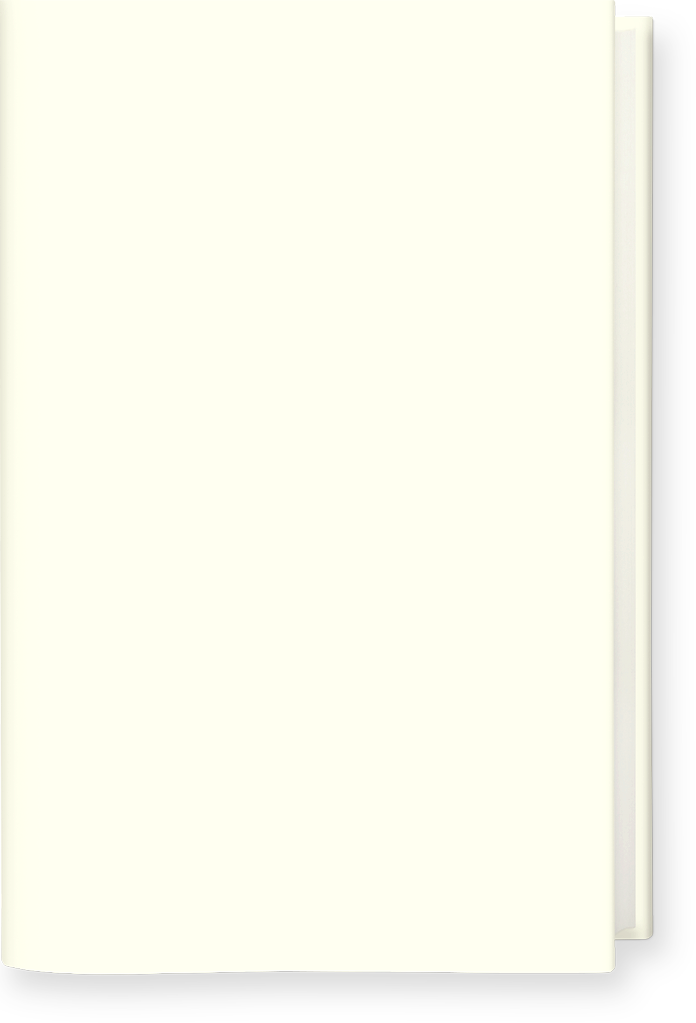Filter

Foto: © Horst Tappe / Fondation Horst Tappe
Sławomir Mrożek
Sławomir Mrożek was born in Borzecin, Poland, in 1930. He was first known as a caricaturist and author of satirical short stories. His plays (Tango, The Emigrants, Striptease, and many others) made him world famous. In 1968 he went into exile. After living many years in Paris and later in Mexico, he returned to Poland in 1996 and spent the final years of his life in southern France. He died on August 15, 2013 in Nice.
Awards
- Ehrendoktor der polnischen Universität Slaski, 2012
- Deutsch-Polnischer Literaturpreis ›Samuel-Bogumil-Linde-Preis‹ für sein Gesamtwerk, 2006
- Am siebten Internationalen Budapester Buchfestival erhält Mrozek den Budapest Grand Prix, 2000
- Erster Preis für ›Liebe auf der Krim‹ (Milosc na Krymie) beim Wettbewerb um das beste Theaterstück in Paris, 1994
- Hitar-Petar-Preis des Hauses für Satire und Humor in Gabrowo, Bulgarien, 1993
- Franz-Kafka-Literaturpreis, Klosterneuburg, Österreich, 1987
- Jahrespreis des ›Polnischen Schriftstellerverbandes in der Fremde‹, London, 1984
- Österreichischer Staatspreis für Europäische Literatur, 1972
- Prix de l'Humour Noir für ›Der Elephant‹ (Slon), 1964
- ›Julian-Brun-Preis‹ für journalistische Arbeiten, 1954
Movie Adaptations
- Amor, Jerzy Lipman, 1978
- The Enchanted Night, George R. Foa, 1966
- En förtrollad natt, Yngve Nordwall, 1966
- Das Martyrium des Peter O'Hey, Peter Lilienthal, 1964
- Striptease, Peter Lilienthal, 1963
<
>
»Mrozek's literature is addictive.«
El País, Barcelona
»The author, known primarily as a playwright, reveals himself as a writer of incisive prose who captures the absurdity of reality and its interaction with unreality in polished, witty formulations.«
Neue Zürcher Zeitung
»Brilliant [...] the writer is an Aesop for our times.«
Publishers' Weekly, New York
»Mrozek's literature is addictive.«
El País, Barcelona
»The author, known primarily as a playwright, reveals himself as a writer of incisive prose who captures the absurdity of reality and its interaction with unreality in polished, witty formulations.«
Neue Zürcher Zeitung
»Brilliant [...] the writer is an Aesop for our times.«
Publishers' Weekly, New York





















